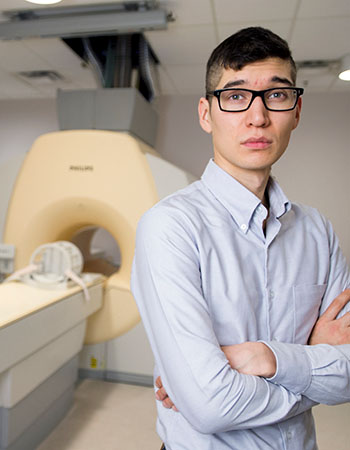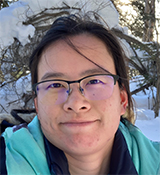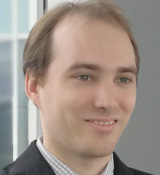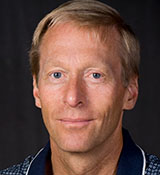What is Physics?
Physics is the most fundamental of all the natural sciences because it deals with the laws that govern all processes in the natural world and the particles from which all matter is made.
Physics at Augustana
At Augustana, your lectures, seminars, and labs are taught in small classes. You'll develop relationships with your professors and peers to help you understand the subject matter and follow your interests. Our innovative programming means that you'll learn in new and exciting ways.
Program Information
Physics is available as a:
- Minor in any program
Academic Innovations
All programs at Augustana include a wide-ranging liberal arts Core, taught within our unique “3-11” calendar

Careers
Whether you want to study space, time, or matter a degree in physics can launch your career path in:
- Astrophysicist
- Exploration Geophysicist
- Laser Spectroscopy Specialist
- Meteorologist
- and many more!
Physics AlumnUS

Cancer Researcher
“If it weren't for my time at Augustana, I don't think I would be here now. They offered a smaller physics and math program, and I got to know my teachers pretty well. I was spurred on to find research projects.”
Course Highlights
Electric fields, Gauss's law, magnetic fields, Ampere's law, Faraday's law, induction, direct and alternating currents.
Special relativity; photons and matter waves; Bohr atom model; Heisenberg Uncertainty Principle; Schrödinger equation; one-dimensional systems; hydrogen atom; spin; Pauli Exclusion Principle; many-electron atoms; molecules.
The physics of the Universe. Observational methods. Stars, planetary systems, black holes, galaxies. Big Bang cosmology.
A vector calculus formulation of electrostatics, magnetostatics, and electrodynamics in free space, and an introduction to electromagnetic waves. Topics include: Lorentz force, Maxwell's equations in differential form, potential formulations, and work, energy, and momentum.

Huanqing Chen, PhD
Huanqing Chen teaches physics and astronomy. Her research focuses on the epoch of reionization and the interactions between quasars, galaxies and the intergalactic medium.
Visit their website
Thibaud Lutellier, PhD
Thibaud Lutellier teaches a range of computer science courses. His research interests are in the area of software reliability and artificial intelligence.
Visit their website
Gerhard Lotz, PhD
Gerhard Lotz teaches courses in all areas of physics and some areas of mathematics. His research involves trying to better understand the nature of the atomic nucleus.
Visit their website